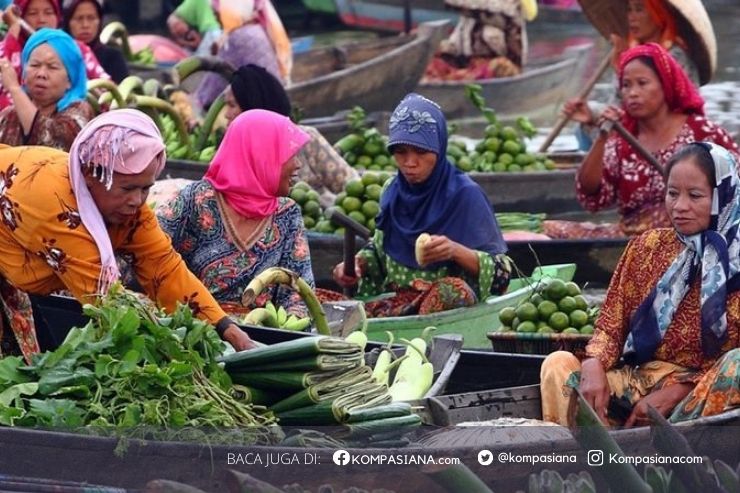Why west Papua is an example of forgotten independence movement ?.it is likely that most US citizens who consider themselves informed about global events are aware of the genocides in Rwanda, Bosnia and East Timor, yet it’s likely that few people in the US are aware of the ongoing genocide in West Papua, and also in New Guinea.
For example, in Rwanda, genocide resulted in an estimated 500,000 deaths in a 3-month period; in Bosnia, genocide resulted in an estimated 200,000 deaths in a 3-year period. In East Timor for instance, there were more than 103,000 deaths in a 3-year period; and, in West Papua, New Guinea, there are conservative estimates of 100,000 Melanesian Papuans killed, and 300,000 displaced or missing over a 47-year period. Remarkable is the disparity of time between the Rwanda, Bosnia and East Timor genocides, ranging from 3 months to 3 years, contrasted with the ongoing 50-year genocide of indigenous West Papuans. In the aftermath of the Rwandan 3-month slaughter of 500,000 people, the carnage was blatant, the atrocities flagrant.
Futhermore, in view of the continuing carnage wrought in West Papua by the Indonesian military during the past 50 years, we must wonder why most people in the Western world are oblivious to the indigenous Melanesians’ plight, and what factors are contributing to the protraction of such abuse. At that time Indonesia’s colonization and military occupation of Dutch-owned West Papua was achieved, and continues, with the blessing of the governments of the United Kingdom, Australia and the United States, and facilitated by the operation of the world’s largest copper and gold mine owned by Freeport-McMoRan Copper and Gold, Inc., a US corporation joint venture.
In facts, for more than 50 years, some of the world's largest transnational mining corporations have been exploiting West Papua's oil and minerals, including Union Oil, Amoco, Agip, Conoco, Phillips, Esso, Texaco, Mobil, Shell, Petromer Trend Exploration, Atlantic Richfield, Sun Oil and Freeport (USA); Oppenheimer (South Africa); Total SA (France); Ingold (Canada); Marathon Oil, Bird’s Head Peninsula (UK); Dominion Mining, Aneka Tambang, BHP, Cudgen RZ, and most critically, Rio Tinto (formerly RTZ-CRA) (Australia/UK), etc.
as a result, exploitation of natural resources by extractive industries results in catastrophic harms to human and environmental health and indigenous societies. Typically, mainstream global media, most of which are in thrall to corporate interests, look the other way when such military/corporate injustices are perpetrated upon indigenous populations.
On the other hand, New Guinea is the second largest island on earth, and one of 20,000-30,000 archipelagos in the South Pacific. The island is divided vertically, with independent Papua New Guinea occupying the eastern section and West Papua, now an unwilling province of Indonesia, occupying the western side. There are more than 250 tribes, more than 270 distinct languages and thousands of different pidgin dialects.
Thus, in addition to copper and gold, abundant natural resources include natural gas, oil, timber and fish. These resources profit corporate interests and the Indonesian government without compensation to the Melanesian population, who live in poverty area.
Then in 1969, the Act of Free Choice consultation was held in West Papua to ascertain whether the indigenous Melanesian population preferred to remain a province within the nascent nation of Indonesia or become their own independent nation. The consultation was contested and free participation by the indigenous people minimal. Thus, the voiceless West Papuans became a province of Indonesia and the victims of 50 years of oppression, it rediculous.
At that point of view, the people of this forgotten land have struggled for freedom for 50 years under brutal Indonesian occupation. The people of the different tribes are raped, tortured and slaughtered, and their natural environment continues to be degraded. In their efforts to resist this injustice, their leaders have been arrested, tortured and threatened with death. For this reason, many now live in exile, where they continue to be involved in education and activism with the goal of enlisting the international community to join their efforts to achieve freedom and justice for all.
Futhermore, the Universal Declaration of Human Rights / UDHR affirms the rights of all people to freedom of opinion and expression, and the right to peaceful assembly and association. Indonesia is a signatory to the International Covenant on Civil and Political Rights (ICCPR), which guarantees the right to freedom of expression and peaceful assembly, and Indonesia’s constitution also declares those rights. However, Indonesia’s continued arrest and incarceration of nonviolent political activists since the 1980s, and the October 19, 2011 arrests of more than 300 civilians during the Third National Congress, including Edison Waromi and Forkorus Yaboisembut, Prime Minister and President, respectively, will not deter Melanesians from their non-violent struggle to secure self-determination within a democratic framework, and are recognized, respected and supported by the international community.
At last, for this reason, many peaceful demonstrations took place around the world on January 17, 2013. The Demonstrations commemorated the escape to freedom by 43 West Papuan refugees on January 17, 2006, when, after paddling across open ocean for four days and surviving a violent storm. The Free West Papua Political Prisoners Team in Washington DC is a group of academics and human-rights activists who are willing to stand up for justice and work toward a free West Papua that is independent from military and corporate colonization.







